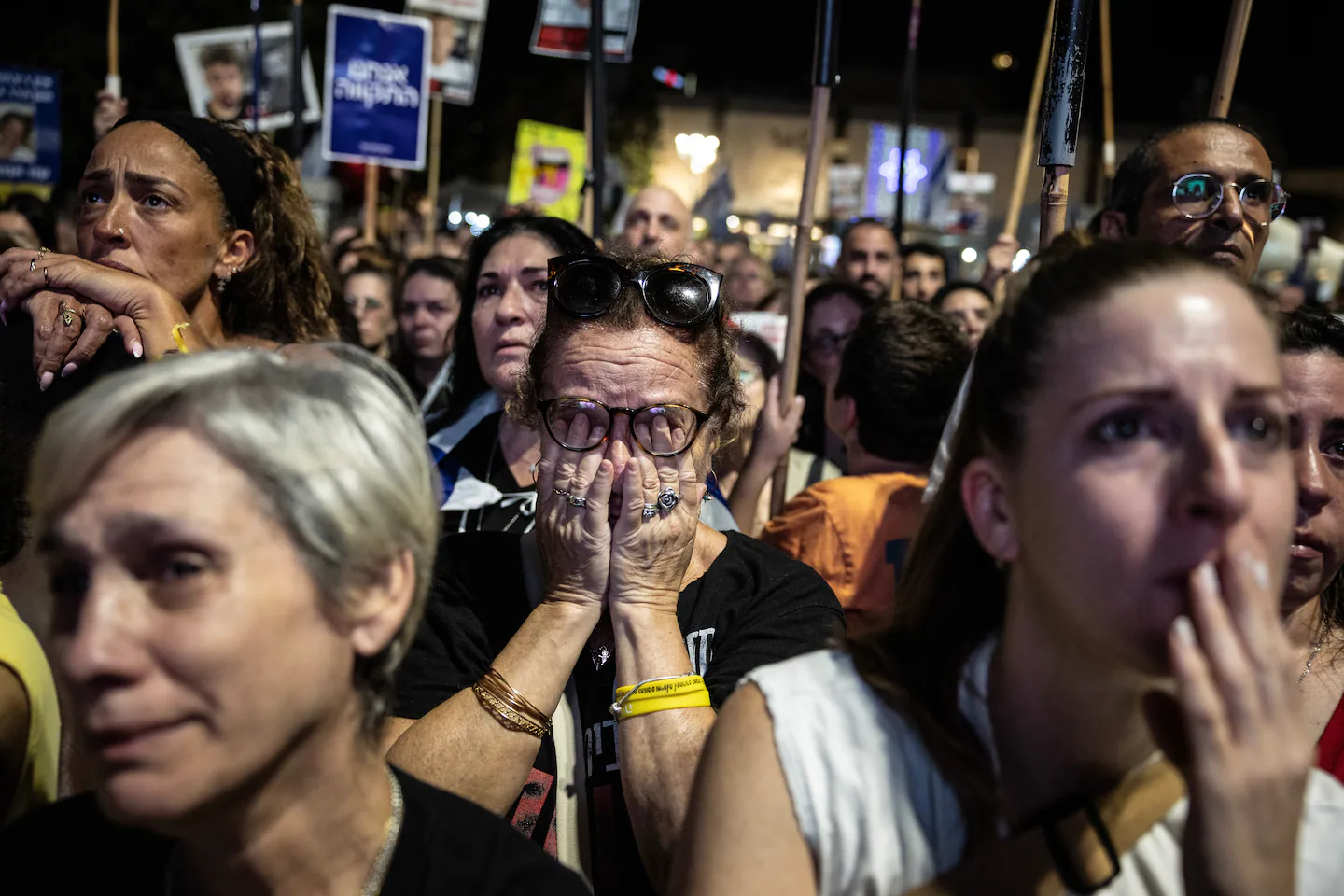
Rubio spoke a day before a new round of indirect negotiations between Israel and Hamas was expected to begin in Egypt. Israel and Hamas do not speak directly, instead relying on Qatari and Egyptian mediators to act as go-betweens, ferrying messages back and forth.
Ron Dermer, a close aide to Israeli Prime Minister Benjamin Netanyahu, will lead Israel’s delegation. On Sunday night, Hamas said its negotiators — headed by senior leader Khalil al-Hayya — had arrived in Egypt for the talks.
The discussions in Egypt are expected to focus on swapping the remaining hostages held in Gaza for Palestinian prisoners and an Israeli pullback from parts of Gaza. Rubio suggested that this focus would leave until later negotiations on other formidable obstacles.
Israel believes that about 20 living hostages still remain in Gaza, as well as the bodies of at least 25 others.
It is unclear whether Hamas would agree to release the hostages before concluding a full deal to end the war, as it views the captives as the most significant leverage it has with Israel.
Trump has presented an ambitious plan to end the war and establish an alternative government in Gaza. Netanyahu said he accepted the proposal, but Hamas officials have expressed significant reservations about some of the terms.
On Sunday, Trump allowed that “there will always be some changes” to the plan if necessary.
Trump’s proposal demands that Hamas return all of the surviving captives and the bodies in its possession within 72 hours of Israel agreeing to the ceasefire, as well as an Israeli withdrawal from parts of Gaza.
The president’s plan also envisions the creation of a Palestinian government supervised by an international “Board of Peace” that he would lead as chair and a postwar security force drawn from foreign countries, as well as the disarming of Hamas.
Hamas officials have expressed reservations about surrendering their weapons, as well as the presence of an international security force. But even the first step of exchanging hostages for Palestinian prisoners and an Israeli pullback will most likely present difficulties, analysts say.
Under the plan, the hostages would be swapped for 250 Palestinians serving life sentences in prison and 1,700 Palestinians jailed by Israel during the war. Israel would also hand over the bodies of 15 Palestinians for each dead Israeli.
Both Israeli and Hamas officials say that the Palestinian group might need more time. Some living captives are believed to be held deep underground, while the bodies of others would need to be located and dug up.
Another potential sticking point to a deal will be how far Israeli forces commit to withdrawing from their current positions within Gaza.
In previous talks, Hamas had agreed to Israeli troops withdrawing to a buffer zone close to the enclave’s borders. But the lines proposed by Trump would leave Israeli forces deployed far deeper in Gaza, which Hamas could object to.
Israel and Hamas are likely to disagree over the list of names of Palestinian prisoners to be freed, who include many jailed for attacks on Israeli civilians. In the past, Hamas officials have indicated they would demand the release of senior Palestinian leaders such as Marwan Barghouti — which Israel would probably oppose.
The war began when Hamas led the Oct. 7, 2023, attack on Israel that killed about 1,200 people. The Israeli response has killed more than 65,000 people in Gaza — including thousands of children — according to local health officials.
The war has devastated most of the Gaza Strip, where some 2 million Palestinians have lived through constant fear, widespread hunger and bombardment. Human rights groups and a U.N. commission have accused Israel of genocide; the Israeli government says it is fighting Hamas, not Palestinian civilians.
The two sides have agreed to two previous short-lived ceasefires during which more than 100 Israeli and foreign hostages were freed in exchange for more than 1,500 Palestinian prisoners. Israel ended the last truce in mid-March, citing a deadlock in talks on a comprehensive ceasefire.